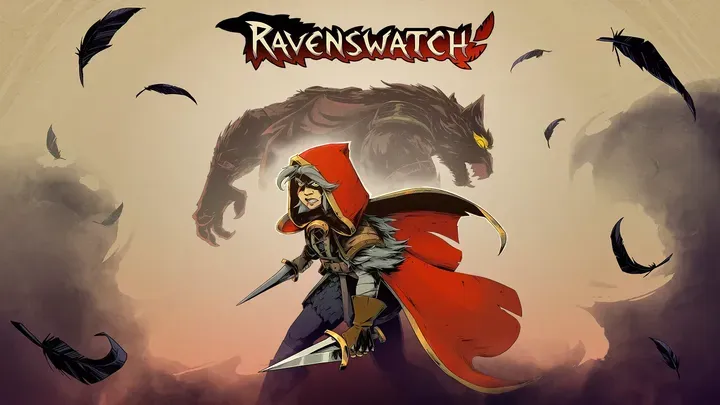Discover the fun in your pocket!
The latest app and game reviews from gaming experts.
Discover the fun in your pocket!
The latest app and game reviews from gaming experts.
Recommended games
Latest post on Blog

The Silhouette of Survival: A Master’s Guide to the Brutal World of LIMBO
Conquer the nightmare of LIMBO with this deep guide on physics-based movement, gravity manipulation, spider baiting, and frame-perfect puzzle execution.
February 06, 2026
Read it

Ravenswatch Tips & Guides: How to Survive, Scale Power, and Master Cooperative Roguelike Combat
Master Ravenswatch with expert tips on combat, builds, co-op strategy, boss fights, and roguelike progression to win more runs consistently.
February 06, 2026
Read it

Red Dead Redemption 2 – Complete Tips & Strategy Guide
A detailed guide designed to help players master Red Dead Redemption 2, covering combat, money making, exploration, character stats, horse care, and advanced gameplay strategies for a better experience.
February 06, 2026
Read it

Borderlands 4 Complete Tips and Guides for Vault Hunters, Weapons, and Endgame Mastery
A comprehensive Borderlands 4 guide covering character builds, gun combat, skill trees, loot farming, boss tactics, and progression to help players dominate every battlefield.
February 06, 2026
Read it
Welcome to samgameh5.com, your compass for comprehenscoupled with the latest industry news. Our mission is to provide you with insightful analysis and valuable insights, enriching your digital journey.
Latest Reviews
Contact Us
© 2025 samgameh5.com - All Rights Reserved